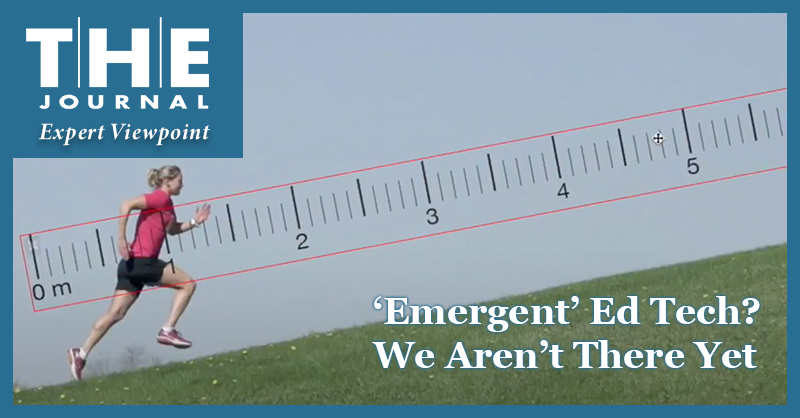
Without minimizing the need to honor students’ privacy rights, we as an ed tech community should also not miss the opportunity to search for the new emergent patterns that will no doubt appear when we look at how students, teachers, and their data all interact. It’s these new patterns, like ripples in the sand, that will likely offer insights into the heretofore most intractable questions in education.

An expert offers tips for K-12 administrators and their IT teams on how to make the most out of their investment in Chromebooks with security and sustainability in mind, and recommends schools revise their IT equipment policies to address used and end-of-life devices, including Chromebooks.
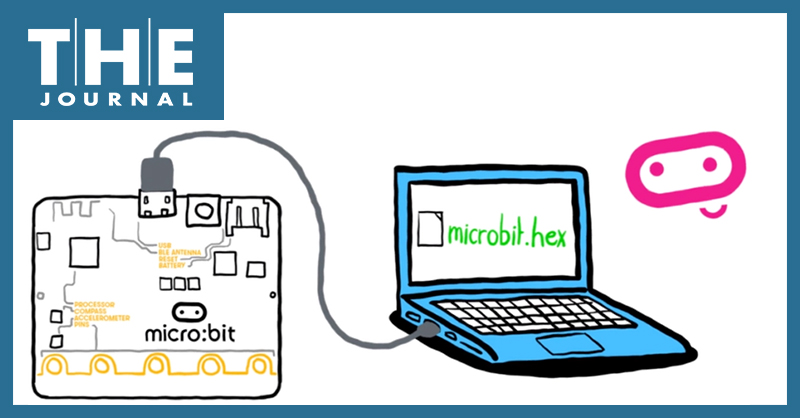
At this California school district, a new weekly prep period for all teachers opened the door for four Teachers on Special Assignment to travel to each campus and teach Computer Science to primary students once a week — here's how the TOSAs (with no formal training in computer science) dove into the new subject to add computer science instruction to every classroom grades K-6.

Digitization is the key to eliminating backlogs of paper processes made worse by staff shortages and other post-pandemic challenges. Schools can create modern and digitized systems that make documents searchable and accessible — eliminating the time required to file and search through boxes for old student transcripts, test scores, health records, and more.
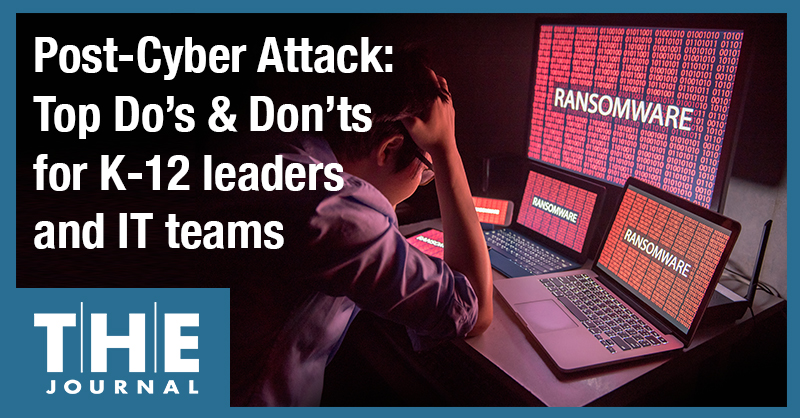
Charlie Sander of cybersecurity firm Managed Methods shares some tips to avoid making a cyber incident on a K-12 school even more costly, for district leaders, risk management planners, and IT practitioners: What to expect and some do’s and don’ts to move forward while minimizing an cyber attack's negative impacts and costly disruptions.
The top 20 most in-demand skills required by U.S. organizations are all computer-science based. Industries globally continue to voice their concern over the lack of tech skills among high school and college graduates. The skills gap is so large that with the right skills, students can almost walk out of school and into a highly lucrative career.
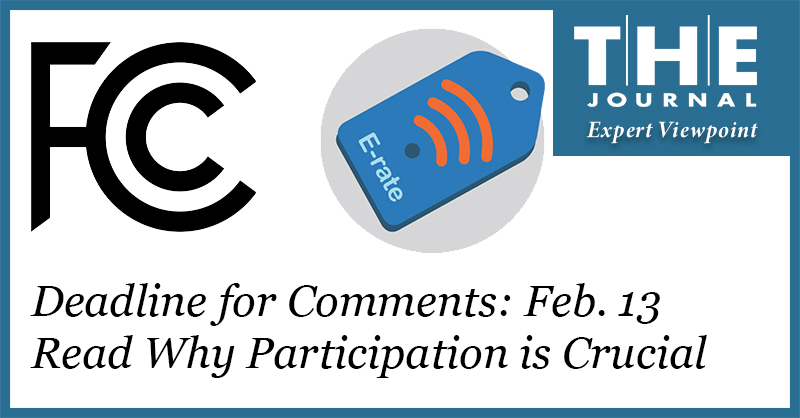
K–12 school systems are trying to fend off an increasing number of cyber threats with limited IT resources, and they need all the help they can get. Allowing schools to use federal E-rate funding for cybersecurity services such as next-generation firewalls, distributed denial of service protection, and intrusion detection and prevention would go a long way toward solving this challenge — and K–12 stakeholders should make their voices heard on this critical issue, immediately, says a Funds For Learning executive.
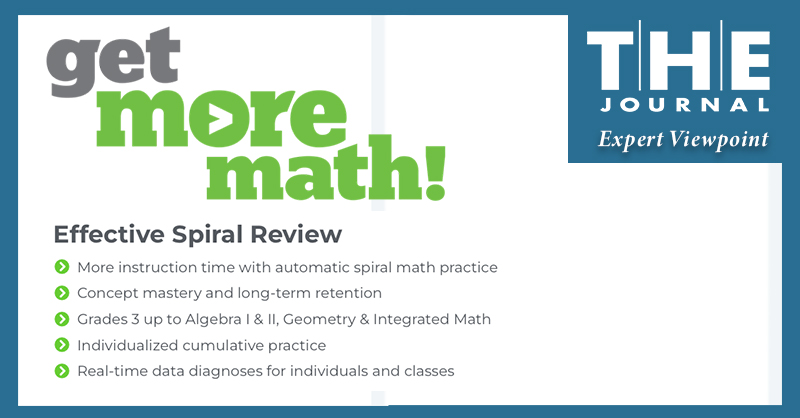
Students need to learn not only math shortcuts, processes, and formulas — they also must learn the underlying concepts behind them. Students need a deeper conceptual understanding of math so they can transfer their knowledge to new contexts and are less prone to making mistakes. They also need more time for learning math in school and more focus on long-term retention.

With so-called learning loss from the pandemic continuing to harm students, schools can't just return to normal methods of teaching math. Fortunately, researchers have a strong understanding of how people learn math, just as they did with the now widely accepted science of reading. However, that understanding is taking too long to filter into classroom instruction.
How can district leaders best mobilize the tutoring infrastructure they’ve invested in over the last 18 months?